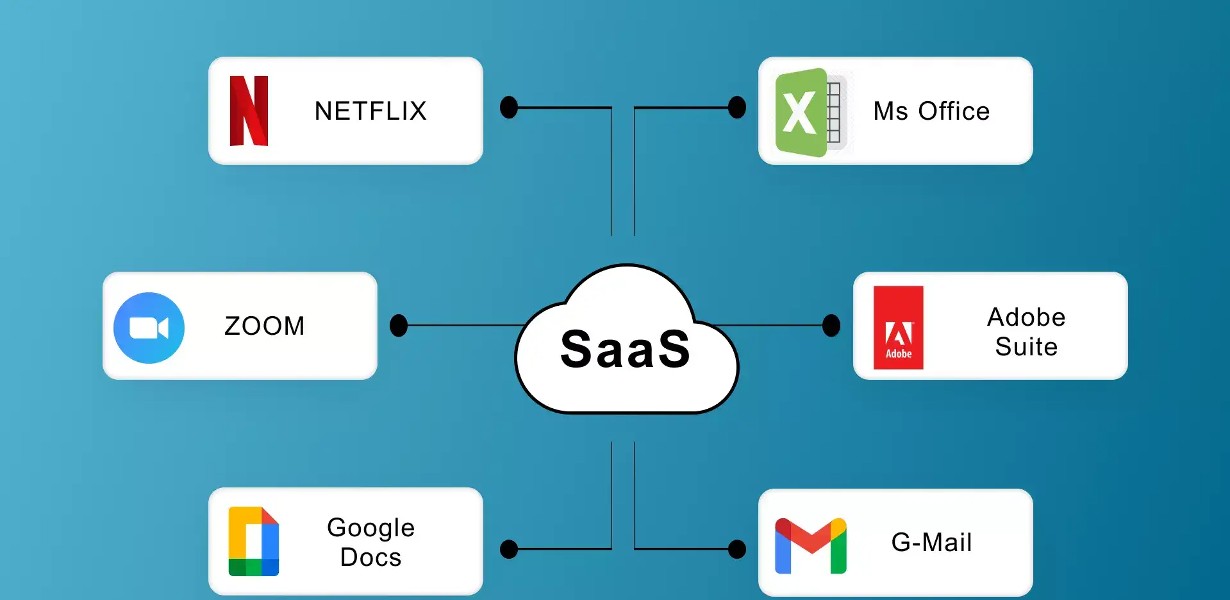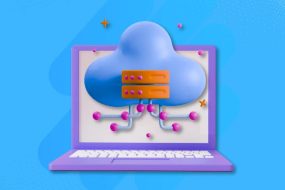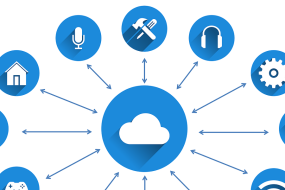
In the fast-paced world of technology, Software as a Service (SaaS) has emerged as a game-changer, revolutionizing the way businesses operate and individuals interact with software solutions. As we move beyond 2021, the SaaS landscape is undergoing remarkable innovations that are reshaping our digital realm. In this deep dive into the world of SaaS, we’ll explore the key transformations, challenges, and opportunities in the post-2021 tech landscape.
The SaaS Revolution Continues
The SaaS industry is far from slowing down. In fact, it’s only gaining momentum. With the ongoing digitization of industries and remote work becoming the norm, businesses are increasingly adopting SaaS solutions for their operations. The focus keyword here is “Software as a Service (SaaS).”
AI-Powered Personalization
Artificial Intelligence (AI) is at the heart of the SaaS revolution. SaaS providers are harnessing the power of AI to offer highly personalized experiences. AI algorithms analyze user data to tailor software functionalities, making them more intuitive and efficient. This level of personalization enhances user satisfaction and productivity.
Enhanced Security Measures
With the rise in cyber threats, SaaS providers are continually enhancing their security measures. From two-factor authentication to robust encryption protocols, data security is a top priority. Cutting-edge security measures give businesses peace of mind as they entrust sensitive information to SaaS platforms.
The Era of No-Code/Low-Code Platforms
One of the most exciting innovations in the SaaS landscape is the emergence of no-code/low-code platforms. These platforms allow users with minimal coding knowledge to create customized applications and automate processes. This democratizes software development, making it accessible to a broader audience.
SaaS Marketplaces
SaaS marketplaces are becoming increasingly popular. These one-stop shops offer a variety of SaaS applications, allowing users to easily find and integrate multiple solutions into their workflow. The convenience and flexibility of SaaS marketplaces streamline business operations.
IoT Integration
The Internet of Things (IoT) is transforming industries, and SaaS is not far behind. SaaS solutions are now integrating with IoT devices, enabling real-time data collection and analysis. This integration provides businesses with valuable insights and the ability to make data-driven decisions.
Sustainable SaaS
Sustainability is no longer a buzzword; it’s a necessity. SaaS providers are adopting eco-friendly practices by optimizing data centers, reducing energy consumption, and minimizing carbon footprints. Sustainable SaaS solutions align with the global push for environmental responsibility.
Challenges on the Horizon
While the SaaS landscape is flourishing, it’s not without challenges. Here are some of the hurdles that the industry faces:
Data Privacy and Compliance
With increased data usage comes heightened concerns about privacy and compliance. SaaS providers must navigate a complex web of regulations to ensure data protection and legal compliance. This challenge demands constant vigilance and adaptability.
Integration Complexity
As businesses adopt multiple SaaS solutions, integrating them seamlessly becomes a complex task. Compatibility issues and data silos can hinder operational efficiency. SaaS providers must offer user-friendly integration options.
Subscription Fatigue
The proliferation of SaaS applications can lead to subscription fatigue. Users may find it overwhelming to manage numerous subscriptions. SaaS providers must address this by offering flexible pricing models and bundling options.
Customer Education
The diverse functionality of SaaS solutions often requires thorough user education. Effective onboarding and continuous training become crucial for maximizing the benefits of SaaS tools. Providers should invest in user-friendly resources and support.
Final Words
In conclusion, the post-2021 tech landscape is witnessing a dynamic SaaS revolution. With AI-powered personalization, enhanced security measures, no-code/low-code platforms, SaaS marketplaces, IoT integration, and a commitment to sustainability, SaaS is becoming more versatile and accessible. However, it also faces challenges related to data privacy, integration complexity, subscription fatigue, and the need for customer education. As SaaS continues to evolve, businesses and individuals alike can expect to benefit from these innovations.
Commonly Asked Questions
Q1: What is SaaS, and how does it work?
SaaS, or Software as a Service, is a cloud-based software distribution model. Instead of purchasing and installing software on individual devices, users access it via the internet. SaaS providers host and maintain the software, allowing users to use it on a subscription basis.
Q2: What are the benefits of using no-code/low-code platforms?
No-code/low-code platforms empower users with limited coding skills to create custom software solutions and automate processes. This reduces development time and costs, democratizes software development, and fosters innovation.
Q3: How can businesses ensure data security when using SaaS?
To ensure data security, businesses should choose SaaS providers with robust security measures, such as encryption, access controls, and regular security updates. Additionally, implementing strong internal data protection policies is essential.
Q4: What are some popular SaaS marketplaces?
Popular SaaS marketplaces include Salesforce AppExchange, Microsoft AppSource, and Shopify App Store. These platforms offer a wide range of SaaS applications for various business needs.
Q5: How can SaaS providers address subscription fatigue?
SaaS providers can address subscription fatigue by offering flexible pricing models, allowing users to scale their subscriptions, and providing bundle options to reduce the number of individual subscriptions users need to manage.
Advertisement







